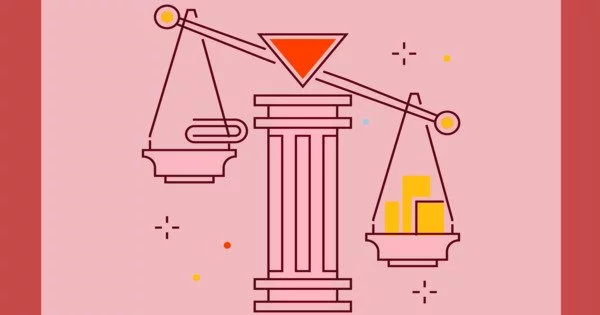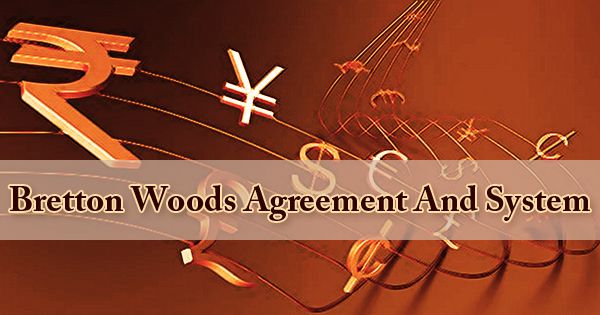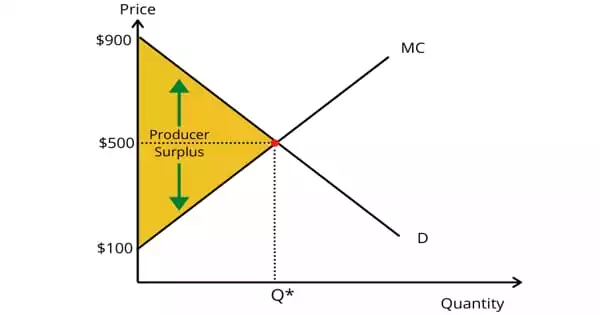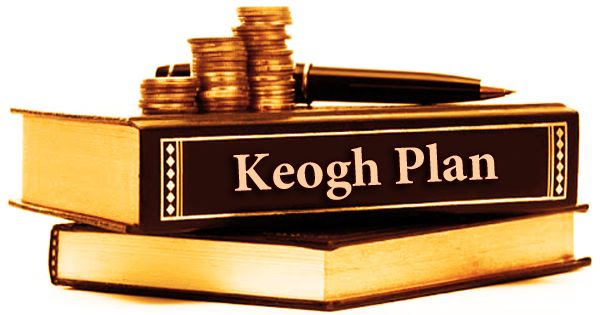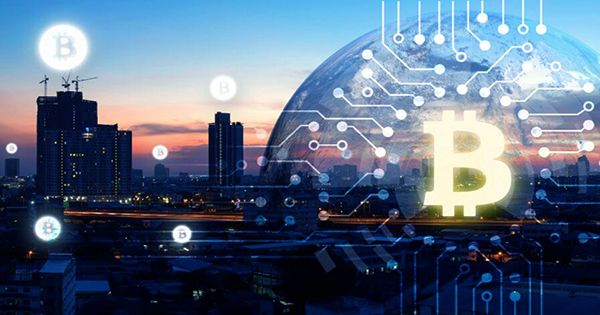Economic inequality refers to the unequal distribution of income and opportunity among various groups in society. It is a problem in almost every country, and many people are trapped in poverty with few opportunities to move up the social ladder. However, being born into poverty does not guarantee that you will remain poor. Education at all levels, skill enhancement, and training policies can be used in conjunction with social assistance programs to lift people out of poverty and reduce inequality.
There are many types of economic inequality, the most common of which are income inequality (the amount of money people are paid) and wealth inequality (the distribution of wealth) (the amount of wealth people own). Aside from economic inequality between countries or states, there are significant types of economic inequality among various groups of people.
Wealth, income, and consumption are three important types of economic measurements. There are numerous methods for measuring economic inequality, the most common of which is the Gini coefficient. The Inequality-adjusted Human Development Index, which is a statistical composite index that takes inequality into account, is another type of measure. Equity, equality of outcome, and equality of opportunity are all important concepts in equality.
While globalization has reduced global inequality (between nations), it has increased intra-national inequality. Income inequality between countries peaked in the 1970s, when global income was divided into “rich” and “poor” countries. Since then, income levels have converged across countries, with the majority of people now living in middle-income countries. Inequality within most countries, however, has increased significantly in the last 30 years, particularly among advanced countries. During this time, nearly 90 percent of advanced economies experienced an increase in income inequality, with more than 70 percent experiencing an increase in Gini coefficients greater than two points.
Economic inequality has been linked to political and social instability, including revolution, democratic breakdown, and civil conflict, according to research. According to research, greater inequality stifles economic growth and macroeconomic stability, and that land and human capital inequality stifle growth more than income inequality. Inequality is at the forefront of global economic policy debate, as government tax and spending policies have a significant impact on income distribution. In advanced economies, taxes and transfers reduce income inequality by one-third, with the majority of this accomplished through public social spending (such as pensions and family benefits).
Economic inequality refers to disparities in income and wealth among individuals. And those distinctions can be significant. When Forbes released its most recent rankings in 2021, the world had a record 2,755 billionaires. Meanwhile, the World Bank estimated that by 2021, 711 million people worldwide would be living on less than $1.90 per day. That is a significant improvement from 1990, when over 1.9 billion people were living in extreme poverty and the world had only 269 billionaires.
